
ANNOUNCEMENTS

From July 2021, a Programme in M.Sc. in Biotechnology will be offered by the Department of Biotechnology, TERI SAS. The restructured programme, M.Sc. Biotechnology, aims to meet the growing requirement of qualified scholars supporting R&D in Research, Academia and Industries related to Biotechnology. The programme aims towards contributing to the objectives of several National Missions such as National Mission for Sustainable Agriculture, National Mission for Sustaining the Himalayan Ecosystem and National Water Mission and toward meeting the Sustainable Developmental Goals such as zero hunger, good health and well-being and quality education among several others. This programme, with a significantly broadened scope, compared to earlier M.Sc. Plant Biotechnology Programme will provide options to specialize either in Plant Biotechnology or Microbial Biotechnology. A multidisciplinary outlook will be inculcated in the students by encouraging students to take up courses from Social Sciences, Environment and Engineering streams of the University. Further, the restructured programme is futuristic in scope and in alignment with Choice Based Credit System (CBCS) mandated in UGC-NAAC guidelines and NEP 2020 framework.
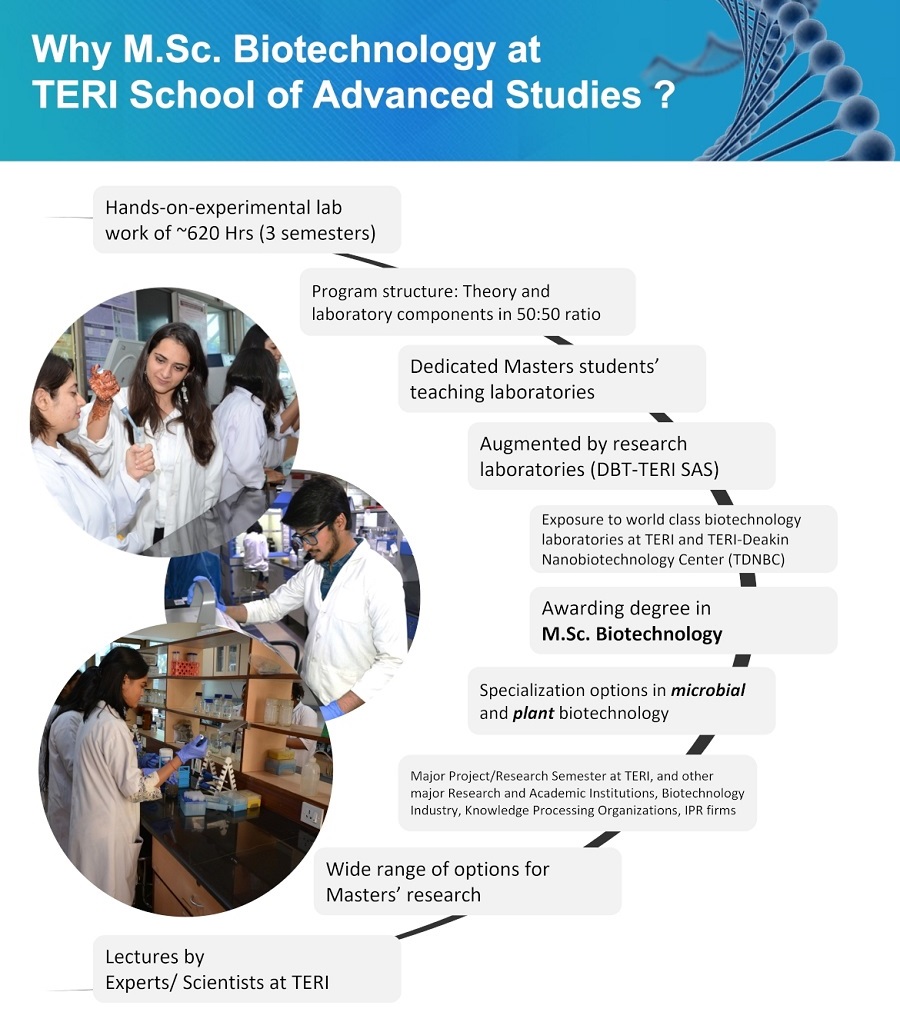
The M.Sc. Biotechnology Programme offers conceptual understanding by imparting cutting-edge disciplines of science along with an exposure to regulatory issues, IPRs and ethical concerns related to biotechnology. Emphasis is laid on training in applied mathematics, statistics, and computational skills in view of the projected demand for a trained cadre adept at approaching biological problems in truly interdisciplinary and integrative manner. Courses have been specifically structured to impart concepts pertaining to advanced areas of research in genomics and contemporary approaches employed by molecular biologists. Therefore, a graduate of this Programme can be expected to have both specialized knowledge and practical experience required to address contemporary problems in both academic and industrial settings.
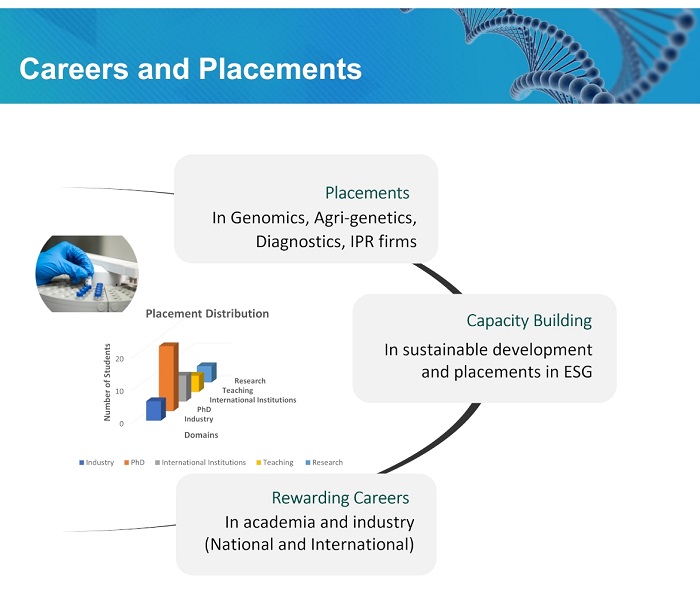
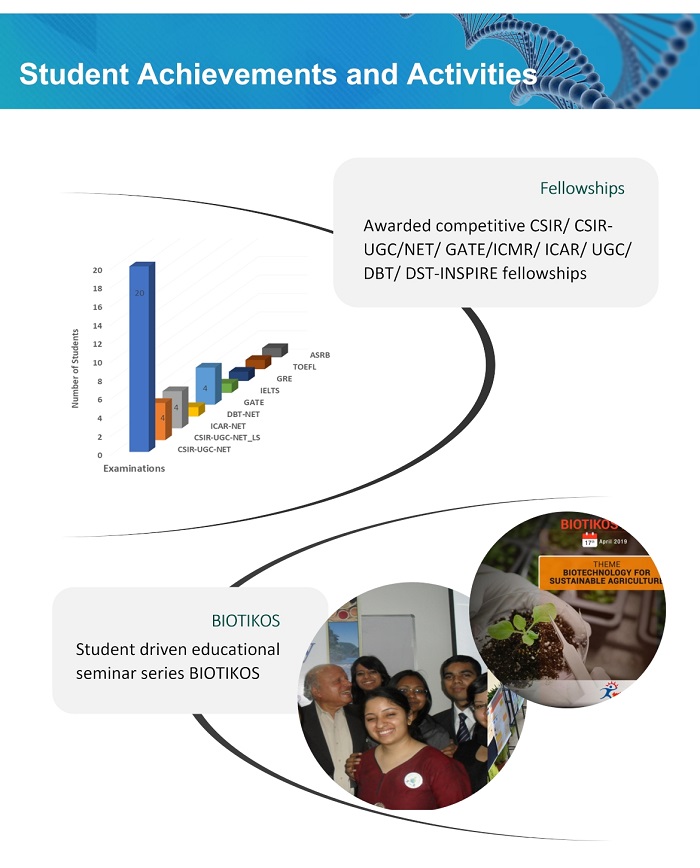
The objective of the programme is to highlight the role played by biotechnology in modern society and its relevance to sustainable development. The M.Sc. programme in Biotechnology seeks to provide education and training, empower students with technical skill-set, create capacities and build career opportunities in three key domains of biotechnology namely:
• Research and development in industry and academia
• Science education
• Policy, regulations and management
This is achieved through a combination of interdisciplinary curricula comprised of both theory as well as intensive laboratory work. Through its unique pedagogical methods, the academic programme allows transferability of acquired skills in domains unrelated to biotech sectors.
• A research-oriented learning that develops analytical and integrative problem-solving approaches.
• Specialized knowledge and practical training to address contemporary problems in academia and industry.
• Awareness of ethical issues and regulatory considerations while addressing societal needs for sustainability.
• To advance education and research in biotechnology and explore sustainable solutions for agriculture, environment and energy sectors.
• Promote an understanding of interdisciplinary approaches and technologies used in the analysis of complex biological information.
• Impart rigorous hands-on training in both laboratory-based methods and bio-informatics tools for biological research.
• Sensitize students about multifaceted regulatory issues and ethical concerns related to biotechnology.
• Molecular biology tools and experimental strategies, theoretical understanding of OMICS approaches.
• DNA profiling and barcoding techniques, generation of transgenics, marker assisted breeding and selection, testing of hybrid purity.
• Computational skills such as modelling, simulation analysis of data.
• Structural and functional characterization of biological macromolecules.
• IPRs, ethics and regulations in the field of biotechnology
• Theoretical and applied knowledge and practical skills in Plant biotechnology for a better food, nutrition and environment for the mankind.
• Microbial diversity, Molecular pathogenesis, host-microbe interactions, bioprocess engineering and environmental biotechnology.
TERI SAS thrives to impart a substantial message that “we need to unite and help each other, to sustain a holistic dwelling”. Students are made to realize that the concepts like inter- disciplinary approach and sustainability can be practiced in reality and imbibed as a culture for the betterment tomorrow. The curriculum is designed so thoroughly that it reflects understanding of faculty members in terms of subject and the level of understanding required, by the student, to excel the subject. Study trips organized to gain the insights of the subject prove highly beneficial and are fun filled experiences that leads to realization of upcoming frontiers and the ways to achieve them. Conclusively, TERI SAS believes, that students being a crucial asset of the future are worthy of healthy mindset and outstanding skill set, to lay foundations of society at par excellence.

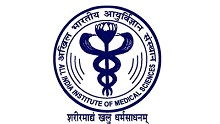
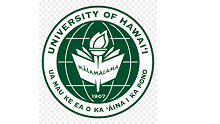
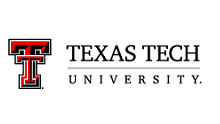

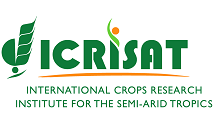
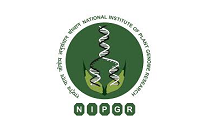
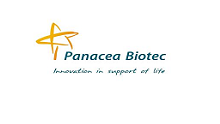



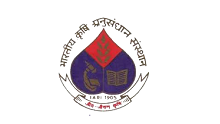






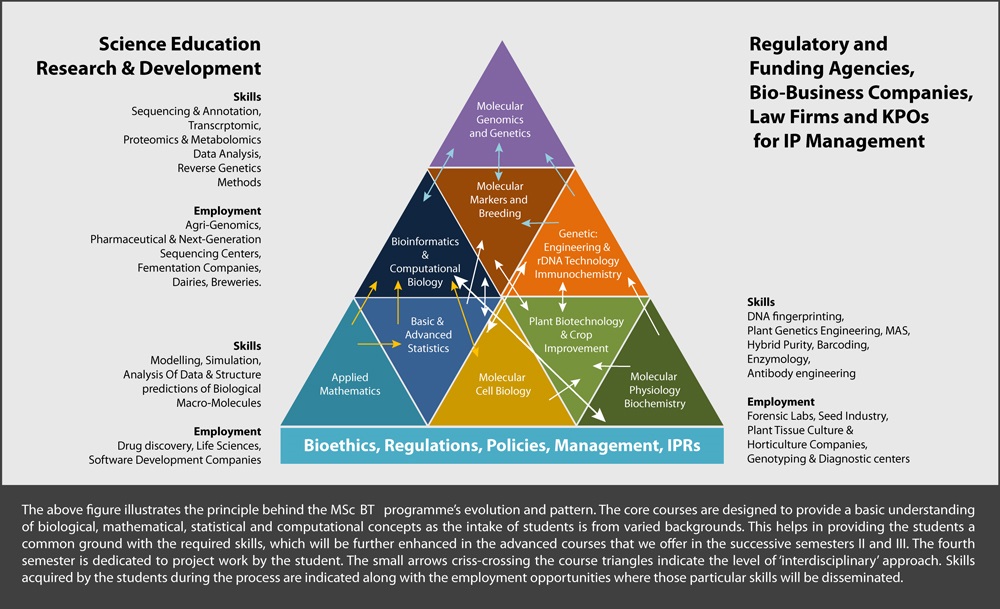
| Year | Courses | Credits | Duration* |
| First Year | |||
| 1st Semester | 7 core courses of 2-7 credits each, and 2 core audit courses | 21 | 15 weeks |
| 2nd Semester | 7 core courses of 2-7 credits and 1 course of 2 credits in the area of specialisation** | 20 | 15 weeks |
| Second Year | |||
| 3rd Semester | 4 core courses of 2-7 credits and 1 course of 3 credits in the area of specialisation** | 21 | 15 weeks |
| 4th Semester | Major project | 20 | 15 weeks |
**Specialisation specific practical component equivalent to 2 credits will carried out under Biotechnology Laboratory- Part 2 (2nd Semester) and Biotechnology Laboratory- Part 3 (3rd Semester) each
| Semester 1 | ||||||
| Course No. | Course Title | Type | Number of Credits | No. of L-T-P | Course Coordinator | Course Offered |
| BBP 105 | Biotechnology laboratory - Part 1 | Core | 7 | 15-0-180 | Prof. Shashi Bhushan Tripathi | Yes |
| BBP 111 | Bioanalytical techniques | Core | 3 | 39-6-0 | Dr Manish Rawat | Yes |
| BBP 123 | Plant and Animal Biotechnology | Core | 2 | 30-0-0 | Prof. Shashi Bhushan Tripathi | Yes |
| BBP 155 | Principles of genetic engineering and recombinant DNA technology | Core | 3 | 30-15-0 | Prof. Anandita Singh | Yes |
| BBP 158 | Conceptual foundations of molecular biology | Core | 2 | 30-0-0 | Prof. Ramakrishnan Sitaraman | Yes |
| BBP 161 | Principles of Biochemistry and Biophysics | Core | 2 | 30-0-0 | Dr Chaithanya Madhurantakam | Yes |
| BBP 174 | Bioinformatics and computational biology - Part I | Core | 2 | 22-8-0 | Dr Sakshi Chaudhary | Yes |
| NRE 106 | Communication Skills and Technical Writing | Core | 0 | 16-14-0 | Yes | |
| NRE 113 | Applied mathematics | Core | 0 | 33-12-0 | Dr Amit Singh | Yes |
| NRE 165 | Introduction to Sustainable Development | Core | 0 | 15-0-0 | Yes | |
| Semester 2 | ||||||
| Course No. | Course Title | Type | Number of Credits | No. of L-T-P | Course Coordinator | Course Offered |
| BBP 106 | Biotechnology Laboratory - Part 2 | Core | 7 | 0-0-210 | Prof. Anandita Singh | Yes |
| BBP 114 | Molecular Cell Biology - From Genes to Communities | Core | 2 | 30-0-0 | Prof. Ramakrishnan Sitaraman | Yes |
| BBP 115 | Introduction to Nanobiotechnology | Core | 2 | 22-8-0 | Dr Chandrani Nath | Yes |
| BBP 116 | Molecular Plant Physiology and Metabolism | Elective | 2 | 30-0-0 | Prof. Shashi Bhushan Tripathi | Yes |
| BBP 131 | Molecular Microbiology and Immunology | Core | 2 | 30-0-0 | Dr Chaithanya Madhurantakam | Yes |
| BBP 144 | Conservation Genetics and Genomics | Core | 2 | 30-0-0 | Prof. Shashi Bhushan Tripathi | Yes |
| BBP 145 | Microbial Pathogenesis | Elective | 2 | 15-15-0 | Prof. Ramakrishnan Sitaraman | Yes |
| BBP 167 | Genome Structure and Diversity: Concepts and Methodologies | Core | 3 | 23-22-0 | Prof. Anandita Singh | Yes |
| Semester 4 | ||||||
| Course No. | Course Title | Type | Number of Credits | No. of L-T-P | Course Coordinator | Course Offered |
| BBP 108 | Major project | Core | 20 | 0-0-672 | Prof. Ramakrishnan Sitaraman | Yes |
For past programme/course outline see: Programme 2: 'In effect till batch of 2020-22'
The classroom/online lectures are complemented with extensive laboratory practical, case studies, classroom discussions, and guest lectures by experts. During the fourth semester, students are involved in full-time research for their major project.
Plot No. 10, Institutional Area, Vasant Kunj, New Delhi - 110 070, India.
Tel. +91 11 71800222 (25 lines).
Website : www.terisas.ac.in
Email id : registrar@terisas.ac.in
© Copyright © 2025, TERI SAS, All rights reserved.
Visitors No.: 47540672 Since 2023


